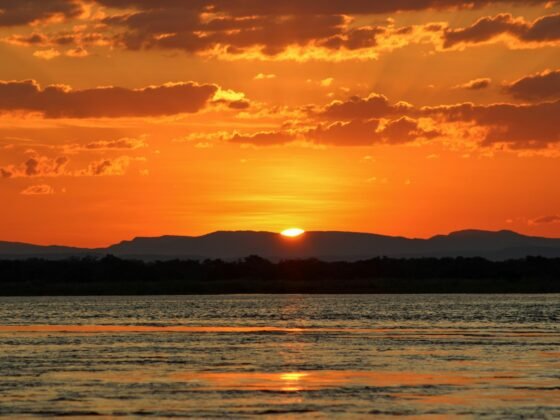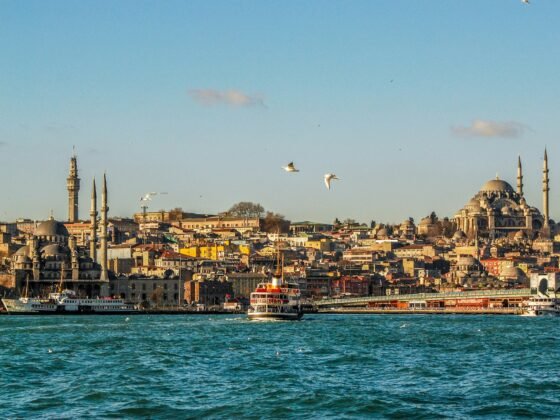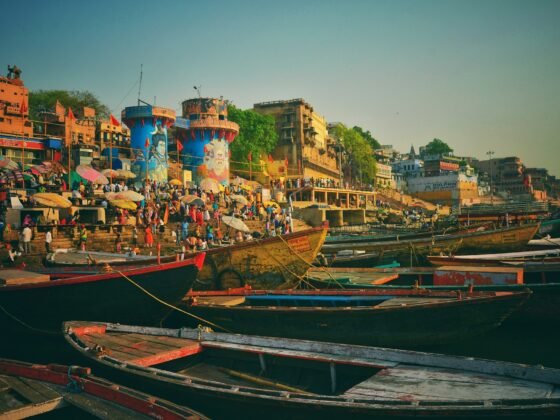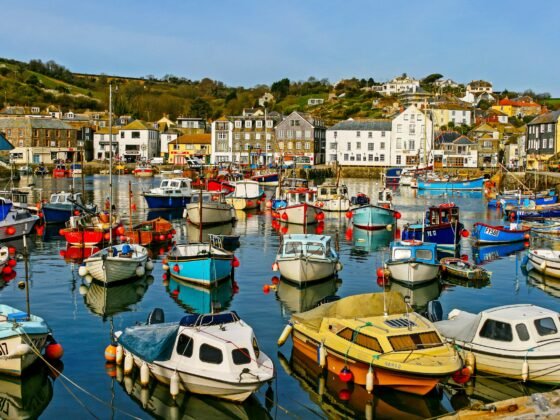We walked through the silent village, the streets covered in wild flowers, the arctic summer light suffusing the sky and sea, low and warm and constant.
She wandered ahead of me, touching the walls of the long abandoned wooden houses, their red rusts and clapboard blues flaking off in her hand. Pollen motes floated upwards from the surrounding fields, glinting in the fracturing light.
It had been my girlfriend’s decision to come. She had been away from Norway for a long time. She said she felt her distance from the landscape as a physical ache. Having never been an emigrant I found this difficult to understand.
We had travelled by plane and boat from Oslo far north into the arctic circle to the Lofoten Archipelago. The archipelago is formed by a half-submerged mountain range that, on a map, extends like a skeletal finger from the northern coast of Norway out into the ocean.
Lofoten has a special place in the Norwegian national psyche. For a thousand years men made the long journey there to try to make their fortunes hauling in the plentiful Atlantic cod during the Lofoten fishery. The vestiges of the industry remain. ‘Rorbu’, pretty red wooden buildings on stilts over the sea first built by King Ostein 1120 to house fishermen, are dotted along the coastline and wooden fish drying racks still string themselves along the islands like telegraph lines.
On our first morning, waking early due to the incessant summer light, we hiked out to Mostad, a village at the tip of the archipelago only accessible by a cliff path. Clearing a bluff we saw the houses below us, fringed by a white sand beach and couched in a amphitheatre formed by the surrounding
cliffs, making them seem immesurably lonely.
Mostad had been a home to fishing families who, during the off season, also hunted puffins and eagles in the cliffs above the town. The harshness of the climate and the thinning of the cod shoals forced them to abandon their home, all of them departing for the mainland one summer, leaving a kind of arctic pompeii.
Now as we wandered through its over grown streets I watched her touch the walls of the houses with a naturalness of movement that spoke of someone coming home.
Peering in a dusty window of one of the houses I saw a half finished bottle of wine on a table and, on a chair beside it, a mandolin, its strings frayed from countless winters. It was as if the family who had lived there had upped and left all of a sudden one evening.
We walked away from the village towards the beach. Out to sea unfamiliar seabirds described intricate geometry on the undulating waves while the rusting hulk of an ancient trawler sucked and sawed in the wash. All was quiet save for the hissing of the surrounding fields. We sat in the long grass and watched as the brief bowing of the sun toward the horizon turned the archipelagos’ peaks magenta and orange.
She turned to me, smiled, and said ‘now you understand’.
S McManus










